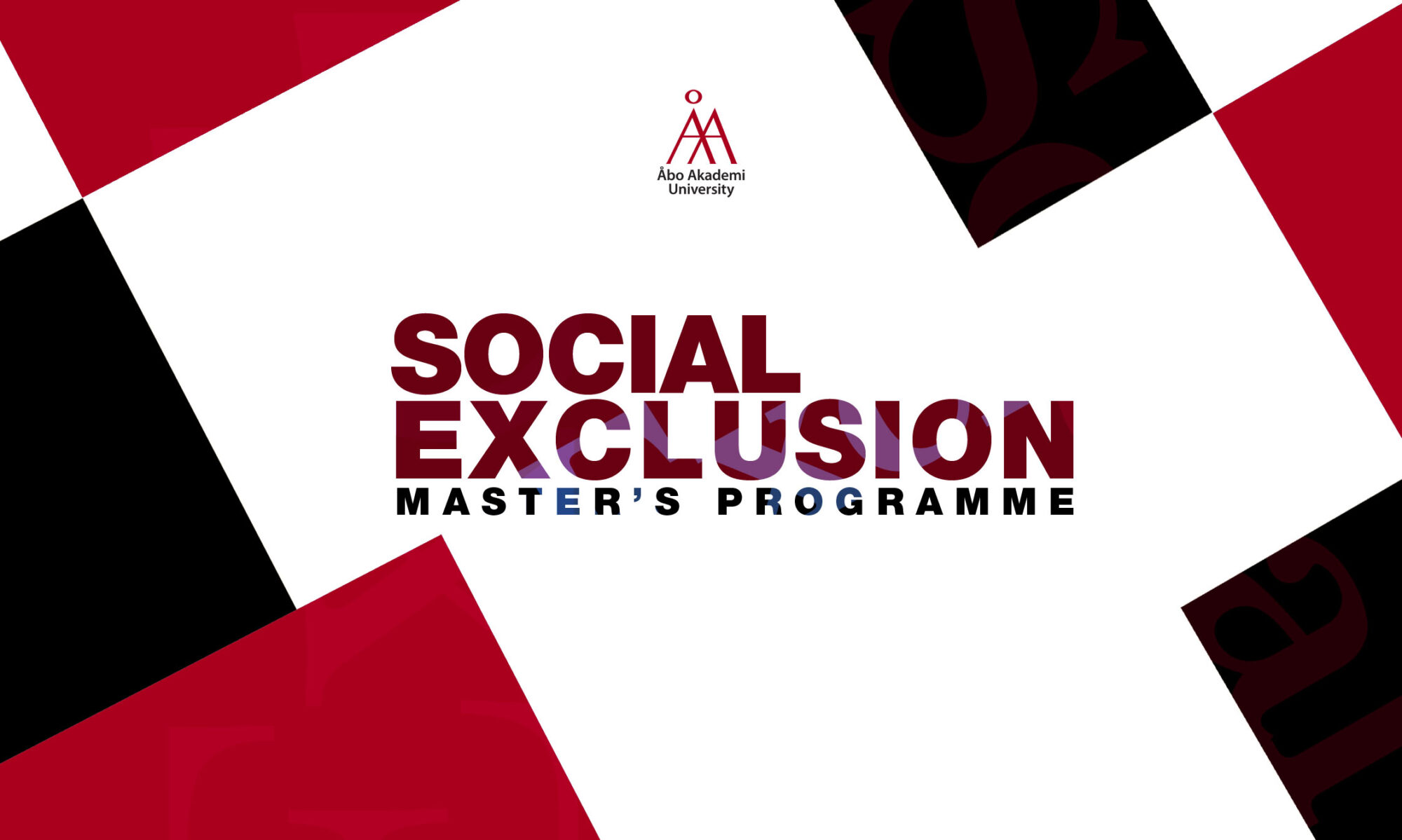Sister of the Yam: Black Women and Self-Recovery
bell hooks
bell hooks in her book Sisters of the Yam continues to discuss the black womanhood experience. She explores the emotional health of Black women and how it is constantly being affected and wounded by everyday sexism and racism. Some of the central themes in the book are related to work, beauty, trauma, addiction and estrangement from nature. bell hooks also beautifully shares various strategies for self-recovering and healing, such as being kind to oneself and others alike, having love for the self and being connected to nature. Additionally, she emphasizes how there is a link between self-recovery and political resistance, and how aspects such as joy, love and healing are vital needs in the struggle for equality. All in all, bell hooks also shows through her incredible writings how black women can through being self-empowered and effectively stand up against racism, sexism and consumer capitalism.
When Sisters of the Yam: Black Women and Self-Recovery was originally released in 1994, it won critical praise and solidified bell hooks’ reputation as one of the leading public intellectuals of her generation. Sisters of the Yam paved the way for her more recent and popular writing on love, relationships and community. Today, the book is considered a classic in African American and feminist circles.
bell hooks, born Gloria Jean Watkinson, assumed her pseudonym, the name of her great-grandmother, to honour female legacies. Additionally, she preferred to spell it in all lowercase letters to focus attention on her message rather than herself. She has written wide-ranging writing on gender and race and helped push feminism beyond its white, middle-class worldview to include the voices of Black and working-class women. bell hooks sadly passed last December (December 15th 2021) at the age of 69.
Other read-worthy books from bell hooks:
Ain’t I a Woman: Black Women and Feminism (1981)
Black Looks: Race and Representation (1992)
Teaching to Transgress (1994)
All About Love (1999)
Feminism is for Everybody (2000)
The Will To Change: Men, Masculinity and Love (2004)
Talking back: Thinking Feminist, Thinking Black (2014)
“By confronting topics avoided in polite company—including progressive black folks—hooks helps us tackle our deepest fears, those we harbor about our self-worth as African Americans, and get on with the business of becoming.”—Village Voice Literary Supplement
“hooks continues to produce some of the most challenging, insightful, and provocative writing on race and gender in the United States today.”—Library Journal
“[bell hooks] draws more effectively on her own experiences and sense of identity than . . . most other writers.”—Publishers Weekly


